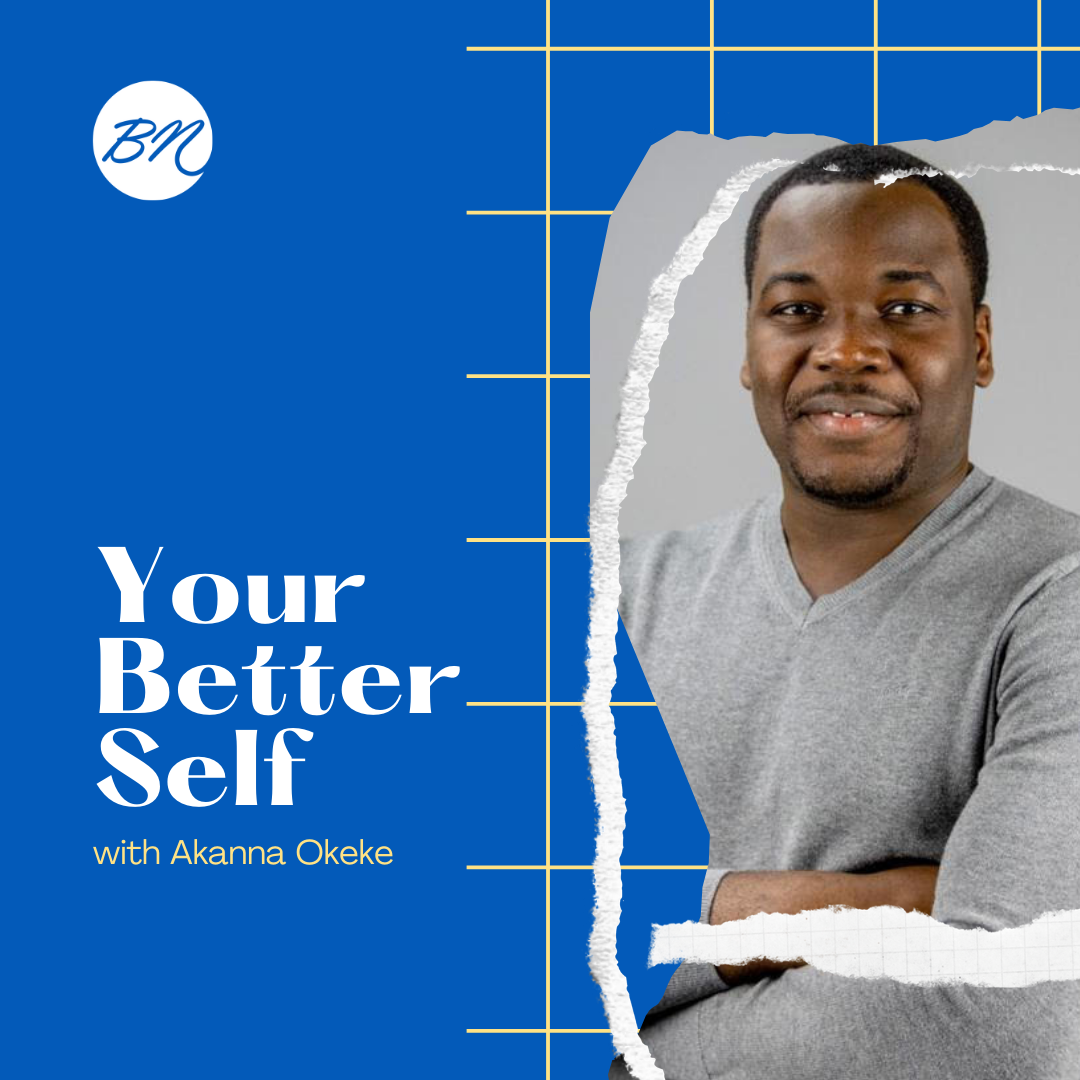Features
Your Better Self with Akanna: Refrain From Telling People How To Spend Their Money

Elon Musk‘s purchase of Twitter caught world attention within the past few days. It came as a surprise and caused a bit of a stir. Many watched in amazement as the richest man in the world ‘woke up one morning’ and decided to buy something as big as a social media platform, just because he didn’t like the way it was being run. Many of us wish we could turn many of our problems, problems more pressing than Twitter, into expenses. That’d be nice!
There are those who had a big problem with it though. Some of them thought Twitter was fine the way it was being run, and did not need some billionaire-saviour to come salvage it from destruction. Others had a problem with the way Elon decided to spend his own money. “If I had $44billion to spare, I wouldn’t waste it on Twitter!”, some jeered. “With all that money, you could solve world hunger”, others advised. It’s always intriguing to watch how people who haven’t come close to making a particular sum of money know exactly how that sum should be spent. It’s like they completely divorce the idea of being capable of generating such funds, from that of being qualified enough to recommend its allocation. This is the delusion of bankers and it’s the delusion of politicians too.
That sort of mentality breeds a certain level of entitlement to someone else’s money. You see welfare recipients getting mad at the government for not giving them enough, instead of being grateful to their fellow citizens who work hard everyday so that they can have enough to surrender to the government, who then re-allocate it to those recipients. You see politicians demanding that the rich, and big corporations, pay their “fair share” in taxes without having a clue how business is conducted or how real money is made.
So politicians know exactly how your money should be spent and extract it from you through taxes. Recipients of that money — who are not only those on welfare, but also those who work for the politicians and receive obscene compensation packages — feel entitled to the money and demand it in increasing amounts. Even when you do seem to have some level of control over your money and keep it in the bank, the bankers act as if it’s theirs for the moment, deciding that you have surplus and that someone else is in shortage, and wouldn’t it be nice if we could extend your surplus to cover their shortage, while making a profit?
It seems that, as a society, we’re accustomed to people deciding how other people’s money should be spent. We see it every day. It’s indeed how our society is run. It’s woven into the fabric, so it should come as no surprise if we ourselves feel entitled to other people’s money. We already see this within families, where the one who has made the mistake of becoming mildly successful is shamed into spending what they don’t have to fuel the entitled lifestyles of the others. We see friends asking to borrow money from you while also reminding you that you really don’t need that money so why not lend it to them instead of holding on to it.
It’s an accepted way of thinking which could be damaging to both our personal growth and our relationships with others, and the root cause is that we don’t think that people deserve what they have. That’s why the concept of “giving back to society” exists. It implies that, while you were making your money, you were taking from society in the first place, and it’s only fair that you pay them back.
But the truth is, making money is not the same as taking money. As long as you’re not a thief, and you’re not extorting from people (even through the legal means of taxation), then you are genuinely making money, earning it, creating wealth through the process of making other people’s lives better. Elon Musk has shown this. Through PayPal, Tesla, SpaceX, and The Boring Company, he has made people’s lives easier and better. In gratitude for this, they’ve willingly handed him $260billion of their money — an expression of how much value he’s added to mankind.
He identified the needs that people had at different points in time, and then created products to meet those needs. People used those products to their satisfaction, and expressed this satisfaction by handing him their cash. He made money because he made a product or service that made people’s lives better. He did this many times over and multiplied his earnings as a result.
People barely understand this concept nowadays. All they see when looking at a rich guy is someone who has unfairly extorted money from others, taking advantage of them, and making their lives even worse. But that’s not a businessman or an innovator for that matter. That’s more like a thief or politician who has extorted money from others illegally or legally and, as a result, made people’s lives even worse, leaving them with less disposable income with which to fend for themselves.
You shouldn’t worry about the businessman – the Elon Musks of this world. What he does with the money he’s made is really none of your business. You too can go make some, and buy whatever you want with it. You can’t worry much about the thief either. All you can do is pray your paths never cross and that if they do, the people in charge would make them pay and give back to those they’ve taken from.
You should worry plenty, though, about the people in charge. What they do with your money is all of your business. So, yes, suggest to them what not to waste money on and ways in which they could use the money to tackle hunger and poverty. Follow up with them to make sure they’re taking you seriously. Look for ways to effectively contact them directly. Don’t spend your time disturbing private citizens who have graciously made themselves publicly accessible on social media. Demand that they too make themselves publicly accessible and explain publicly too, how they plan to use the money you’ve unwillingly handed over to them.
Even if you’ve bought a Tesla in the past, Elon Musk’s money is still not yours. You willingly handed it over to him in exchange for the value he’s added to your life. You’ve not willingly handed your money over to politicians, so it’s still yours. You’ve not willingly handed your paycheck to your family members. It’s still yours. Focus, therefore, on making sure that your money is adequately allocated and spent on meaningful things. Focus also on adding value to others so that they too can willingly surrender their hard-earned cash to you, in exchange. Do it over and over again so that your earnings would multiply, and then you too can someday buy something as big as Twitter. Maybe then the likes of Elon Musk would hear you out when you offer them advice on how they should spend their money, because they know that you truly understand what you’re talking about. It’s still no guarantee that they’d listen though, because the fair-enough question they could ask anyone telling them what to do with their money, no matter who they are, is: “Is it your money?”

















